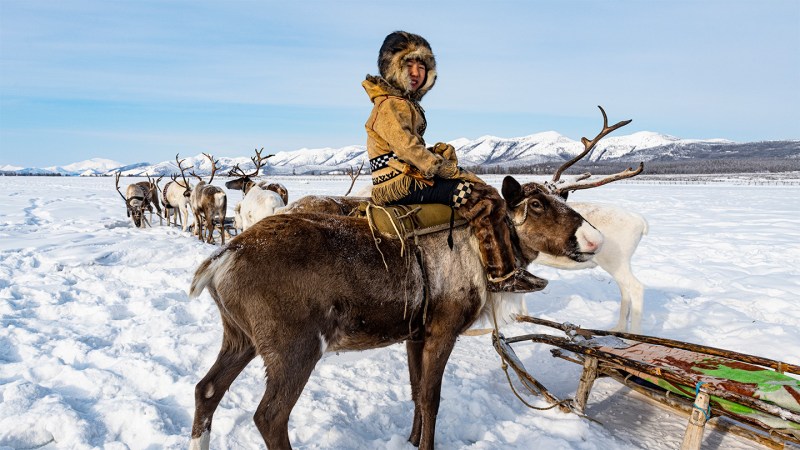Citations
P.F. Velasco and H.J. Spiers. Wayfinding across ocean and tundra: what traditional cultures teach us about navigation. Trends in Cognitive Science. Vol. 28, January 2024, p. 56. doi: 10.1016/j.tics.2023.09.004.
P.F. Velasco and A. Gleizer. Mental maps, practical mastery and environmental experience: an analysis of the wayfinding culture of Evenki reindeer herders and hunters. The Journal of Navigtion. Vol. 76, July 2023, p. 590. doi: 10.1017/S0373463324000018.
G. Vigliocco et al. Ecological brain: reframing the study of human behaviour and cognition. PsyArXiv Preprints. Posted online April 3, 2023. doi: 10.31234/osf.io/zr4nm.
H.E. Davis, M. Gurven and E. Cashdan. Navigational experience and the preservation of spatial abilities into old age among a tropical forager-farmer population. Topics in Cognitive Science. Vol. 15, January 2023, p. 187. doi: 10.1111/tops.12602.
M.G. Schug et al. Childhood experience reduces gender differences in spatial abilities: a cross-cultural study. Cognitive Science. Vol. 46, February 2022, e13096. doi: 10.1111/cogs.13096.
E.M. Barhorst-Cates et al. Effects of home environment structure on navigation preference and performance: A comparison in Veneto, Italy and Utah, USA. Journal of Environmental Psychology. Vol. 74, April 2021, 101580. doi: 10.1016/j.jenvp.2021.101580.
H.E. Davis, J. Stack and E. Cashdan. Cultural change reduces gender differences in mobility and spatial ability among seminomadic pastoralist-forager children in northern Namibia. Human Nature. Vol. 32, March 2021, p. 178. doi: 10.1007/s12110-021-09388-7.
L. Dahmani and V.D. Bohbot. Habitual use of GPS negatively impacts spatial memory during self-guided navigation. Scientific Reports. Published online April 14, 2020. doi: 10.1038/s41598-020-62877-0.
H.E. Davis and E. Cashdan. Spatial cognition, navigation, and mobility among children in a forager-horticulturalist population, the Tsimané of Bolivia. Cognitive Development. Vol. 52, October–December 2019, 100800. doi: 10.1016/j.cogdev.2019.100800.


